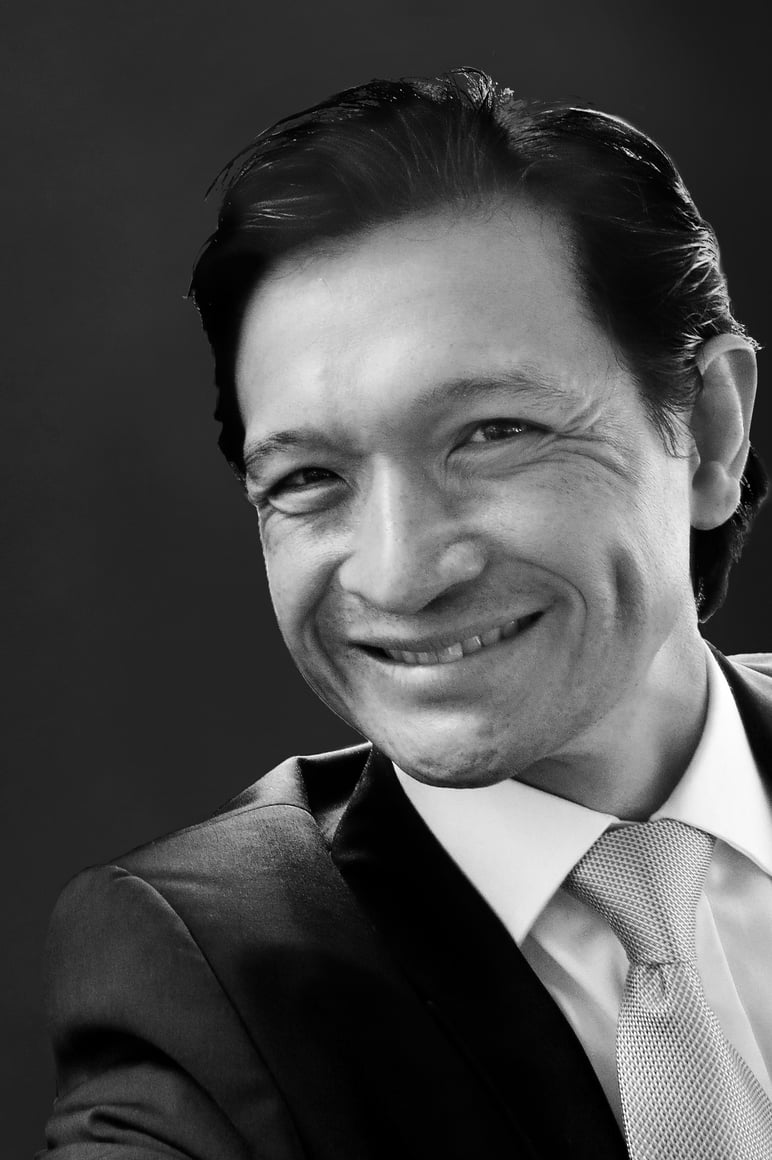
Sister act: Fake Chinese buyers distract from reality of Vancouver’s housing market
The Real Estate Council of British Columbia has handed down a modest punishment for the use of fake Chinese buyers to drum up sales for a Vancouver housing development.
One of the sorrier sagas involving Vancouver’s obsession with the housing market has drawn to a close, with the Real Estate Council of British Columbia (RECBC) handing down a modest punishment for last year’s use of fake Chinese buyers to drum up sales of a condo development.
Savvy consumers might be used to keeping an eye out for Chinese fakes - but fake Chinese?
The story dates back to February 9 last year, when two young women were introduced to reporters as Chinese sisters “Chris and Amanda Lee” who were supposedly checking out an apartment in the downtown Maddox development for their mainland parents to buy. The pair subsequently featured on two TV news reports, which used them as case studies for the proposition that Vancouver real estate could expect a boost from Chinese investors who supposedly favoured the Lunar New Year period as an auspicious time to buy.
The trouble was that Chris and Amanda Lee weren’t sisters, weren’t from China, and weren’t looking for an apartment to buy.
In fact, the pair were local employees of MAC Marketing Solutions, which was selling the Maddox project. MAC executive Nicolas Hans Jensen quit after the scam was revealed by the anonymous real estate blogger, the Rainforest Whisperer.
This tawdry incident raises other serious points.
Such stunts make it easy to decry the foreign-money theory as a fraud, especially when combined with the oft-quoted statistic provided by the BC Real Estate Association, that only 1-4 per cent of Vancouver’s sales are made to “foreign investors”.
As for the BCREA’s 1-4 per cent stat, that’s easy to knock down. It applies only to non-resident foreigners and thus excludes all immigrant buyers.
It’s therefore important to differentiate between the mythical proposition of non-resident Chinese “investors” celebrating Lunar New Year by buying apartments or swooping down in helicopters, and the rather simpler, statistically sound, reality: That tens of thousands of rich immigrants, mostly Chinese, have recently moved to Vancouver and are using their foreign-acquired funds to buy homes, thus fuelling the city’s chronic unaffordability.
Understanding the distinction is crucial before Vancouverites decide whether, and how, to respond to the situation.
The Hongcouver blog is devoted to the hybrid culture of its namesake cities: Hong Kong and Vancouver. All story ideas and comments are welcome. Connect with me by email [email protected] or on Twitter, @ianjamesyoung70
Correction: A previous version stated Omni Realty. It should be Onni Realty.

